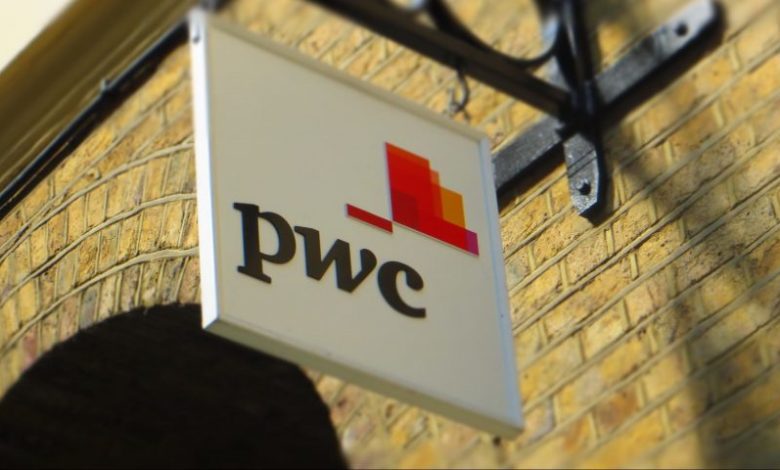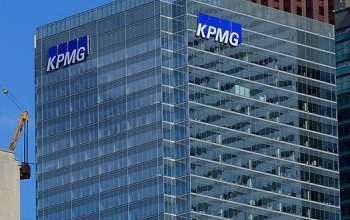
PwC, or PricewaterhouseCoopers, is the second-largest professional services network in the world. With its current trademarked name originally launched in 1998, but with a history tracing back to 1854, the renowned firm offers various services including auditing, consulting, advisory, and tax services to a wide range of clients, corporations, governments, and non-profit organisations.
Currently, PwC operates in over 155 countries and employs over 284,000 people worldwide. But how did the firm achieve its success throughout the years?
PricewaterhouseCoopers (PwC) traces its origins back to the mid-19th century when two separate accounting firms, Price Waterhouse and Coopers and Lybrand, were established.
The first original firm, named Price Waterhouse, was founded in London in 1849 by Samuel Lowell Price, while Coopers and Lybrand was formed in New York City in 1854 by William Cooper and his brothers. Both firms quickly gained prominence in their regions and developed strong reputations for providing quality accounting services.
Throughout the 20th century, Price Waterhouse and Coopers and Lybrand expanded their operations internationally, establishing offices in key financial centres around the world. They also diversified their service offerings beyond traditional accounting into areas such as auditing, tax, and consulting.
It wasn’t until 1998 that Price Waterhouse and Coopers and Lybrand merged to form PricewaterhouseCoopers, creating one of the largest professional services firms in the world. The merger was driven by a desire to leverage the complementary strengths of both firms and enhance their ability to serve clients on a global scale.
In the early 2000s, the firm faced challenges related to the collapse of energy trader and supplier Enron and other corporate scandals, which led to increased scrutiny of the accounting profession and regulatory reforms such as the Sarbanes-Oxley Act — a United States federal law aimed at improving corporate governance and financial transparency.
Following the aftermath of the scandal, PwC responded by strengthening its internal controls and compliance processes to ensure the highest standards of integrity and transparency.
In 2010, the firm officially shortened its name PricewaterhouseCoopers to PwC — and has remained ever since — although it keeps legally trading with its full name.
Deloitte and PwC: two industry-leading giants
Both PwC and Deloitte are two of the largest and most prominent professional services firms globally, and as such, they often find themselves competing head-to-head across various industry sectors and service lines
While both firms consistently rank among the “Big Four” accounting firms, alongside Ernst & Young (EY) and KPMG, in terms of revenue and global presence there are also differences particularly in their focus areas and organisational structure.
Both firms offer a similar range of services including audit, tax, consulting, and advisory services but PwC is particularly known for its expertise in finance, having collaborate with major financial institutions, including the most valuable audit contract with HSBC on the London Stock Exchange — which was valued at $1bn (£792m).
Deloitte instead focuses more on technology, innovation and sustainability — such as its own patented audit analytics platform Spotlight, and through collaborations with tech giants such as Microsoft.
Moreover, Deloitte operates as a network of independent firms, with Deloitte Touche Tohmatsu Limited (DTTL) serving as the umbrella organisation. DTTL does not provide services to clients but oversees and supports member firms, which operate as separate entities responsible for their own operations including governance, client services, and regulatory compliance.
On the other hand, PwC operates as a network of member firms, with each member firm being a separate legal entity. These member firms collaborate under the PwC brand and share resources and expertise globally, acting as a more unified network compared to Deloitte.
The Academy Awards tie
The respectability of PwC has been recognised throughout the years by a number of ties and partnerships with famous industries — most notably, with the Academy of Motion Picture Arts and Sciences (AMPAS).
The partnership dates back to the late 1930s when the Academy sought a reliable and trusted accounting firm to oversee the tabulation process for the Oscars. In 1935 a media uproar risked undermining the awards after Bette Davis did not receive a nomination for her film, Of Human Bondage. To deny claims of irregularities, the Academy decided to hire PwC to count the votes.
Ever since then, before awards night only two partners are in charge of tabulating the votes, which are hand-counted and secured at a secret location. On the Oscars night, the accountants take their respective place among the producers, and are charged with the task of handing the envelopes to the presenters.
Infamously, despite the process having been infallible for 82 years, in 2017 a PwC accountant handed the wrong envelope resulting in the famous La La Land-Moonlight mix-up for the Best Picture category. At the time of the mistake, the firm sincerely apologised and immediately opened an investigation, which resulted in the firing of the accountants responsible for it.
Following the fiasco, PwC strengthened its counting-ballot process once deemed “infallible”, and has retained its responsibility for the oversee of the tabulation of votes ever since.
PwC’s ascent to leadership in the accountancy world is a testament to its history, commitment to performance, adaptability in the face of challenges, and industry ties. Emerging from the merger of Price Waterhouse and Coopers and Lybrand in 1998, PwC quickly established itself as a global powerhouse, offering a comprehensive range of services to clients worldwide.









